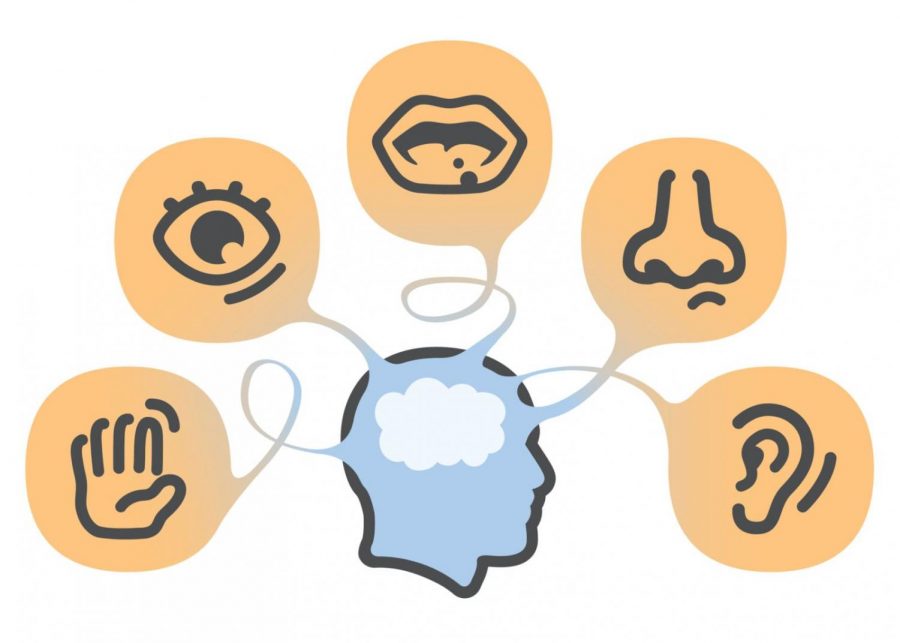The Science of Nostalgia
December 11, 2019
Have you ever been taken back to a happier time when biting into a favorite childhood snack? Or jumped for joy when you found Victorious on Netflix? If so, you have experienced nostalgia. Defined by Google as a “sentimental longing or wistful affection for the past”, nostalgia has the ability to transport you to another space, most likely a simpler time. This feeling can be triggered by many things, whether it’s something we see, smell, hear, taste, or touch, and our brains are instantly at ease. Why?
When a certain sense is triggered, nostalgia is created. Why is it that tastes and smells bring us back, but not words? According to neurologist Dr. Kenneth Heilman, considered one of the fathers of modern behavior neurology, “Smell goes into the emotional parts of the brain and the memory parts, whereas words go into thinking parts of the brain.”
For example, smells travel through the olfactory bulb, connected to the amygdala, which helps to control emotional memories. Also in relation to the olfactory bulb is the hippocampus, another critical part of processing memories. Therefore, these senses easily trigger nostalgia.
Interestingly, nostalgia has the power to change our perceptions of memories. Reporter.rit.edu states that instead of remembering past memories in their actuality, we begin “filtering negative ones out to integrate the positive ones which creates nostalgia.” Because our brains distort our past, we are left longing for its fantasies. Similar to looking too far into the future, yearning for the past can be negative, as it is idealized and far from reality.
Although aching for prior days can become negative, nostalgia is actually a very crucial part of life. For one, it boosts optimism. It can increase self-esteem and positivity. Some studies have even shown that levels of depression decrease dramatically when people experience it. For example, Harvard psychologist, Ellen Langer, performed an experiment where a group of elderly men stayed in a room that replicated the year 1959 for a week. After the week ended, the men left looking and feeling younger than before. Furthermore, 66% of the men recorded higher intelligence scores than before the experiment.
The Twenty-One Pilots song, “Stressed Out” says, “Sometimes a certain smell will take me back to when I was young.” Many AHS students can relate. Sophomore Tanvi Batra said that “old TV shows” give her nostalgia. Junior Valerie Cruz explained that when seeing old photos of her and a former friend, she remembers how they “made good memories together.” Sophomore Yana Verma said, “Whenever I listen to music, especially my old favorites, I often get a sense of nostalgia and the music brings me back to the time that I first discovered the song.”
Nostalgia has the power to unite many pieces of our brains, and ultimately help us process and cherish our lives.
Graphic Courtesy of WEBSTOCKREVIEW.NET

